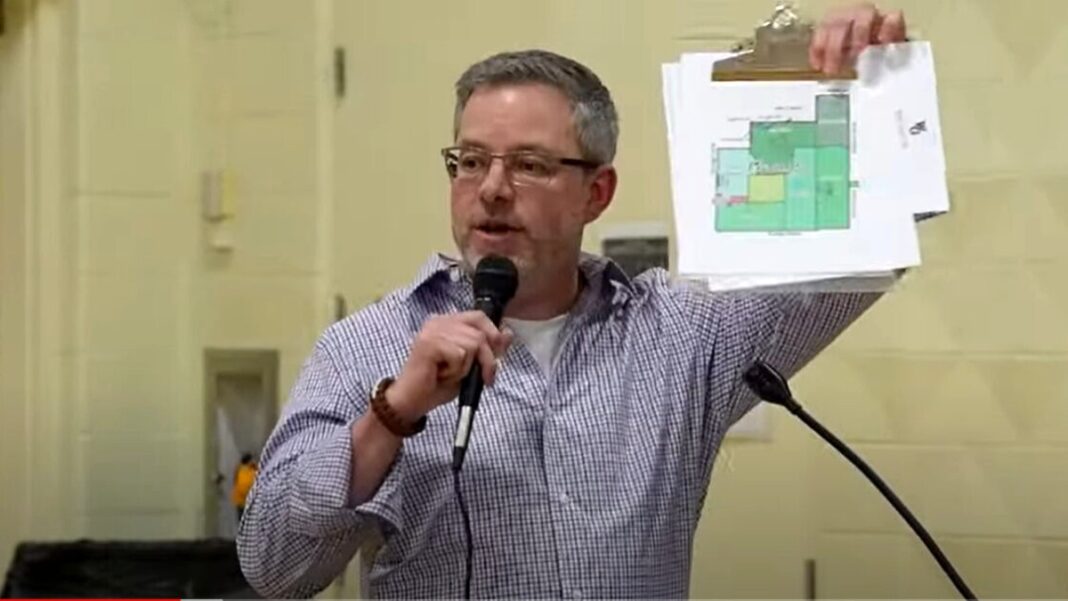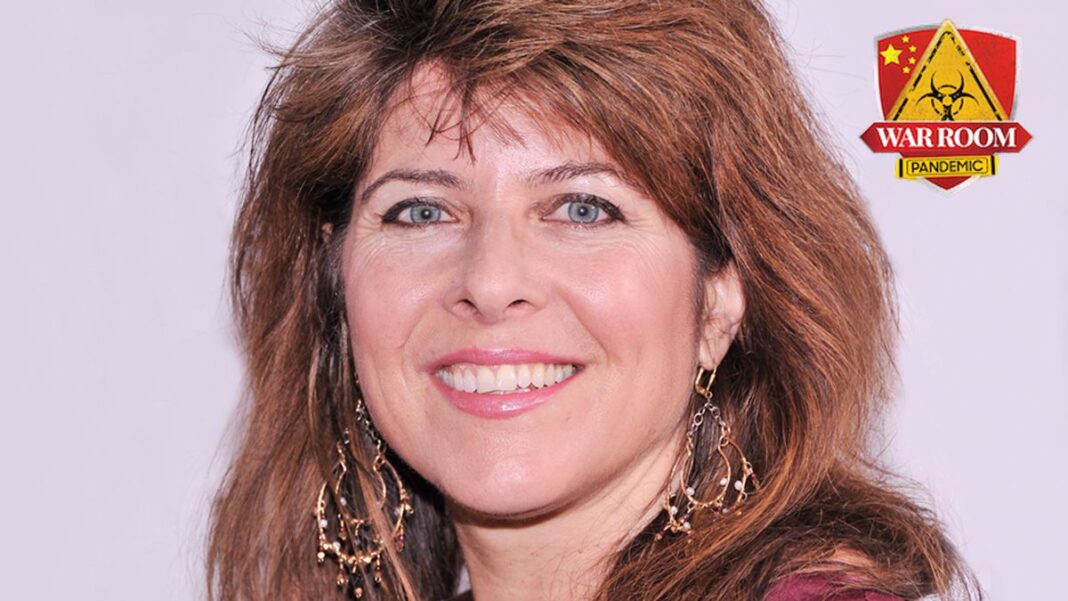House Intelligence Committee member LaHood: Trump’s tariffs ‘got the attention of the Chinese’
Speakers including Rep. Darin LaHood (R-Ill.), a member of the House Permanent Select Committee on Intelligence, discussed potential costs and benefits of decoupling from China at a June 14 American Enterprise Institute (AEI) forum dedicated to countering “Chinese subversion.”
“China has a plan to replace us—but we are tied to them economically,” said LaHood, who suggested that the countries were moving toward a “Cold War mentality.”
“I’m not generally a fan of tariffs, but the tariffs that were implemented by President Trump got the attention of the Chinese,” LaHood said when asked about China’s continued financial dealings with Russia in the midst of U.S. sanctions against that country.
“There is a consensus that we can’t have business as usual—but … there is not a consensus about what to do,” said Derek Scissors, a senior fellow at AEI.
He drew attention to the economic costs of doing business with China, such as intellectual property theft.
“You’re a target just as much as you are a partner,” he said. “Xi Jinping isn’t going to leave, and he isn’t going to change.”
While Scissors struck a more aggressive tone than LaHood on the necessity of decoupling, he sounded less than hawkish on the prospect of a confrontation on the fate of Taiwan.
“If we were to get into a conflict with China over Taiwan, the damage caused by the Russian invasion of Ukraine to supply chains would be dwarfed in comparison—and I’m not sure the U.S. is ready for that,” he said.
James Palmer, a deputy editor at Foreign Policy, argued that Chinese barbs directed at the United States could reveal real vulnerabilities—for example, our dependence on rare earths that are mined and processed in that country.
“We should be acting to re-shore those chains in a much more serious way,” he said.
Adolfo Urso, a leader of the Italian parliament’s intelligence committee who served in the government of former Prime Minister Silvio Berlusconi, made similar comments during the panel discussion.
Speaking through a translator, he argued that the West must ensure that strategic technology, including “green technology,” becomes concentrated in friendly hands.
Read Full Article on TheEpochTimes.com






